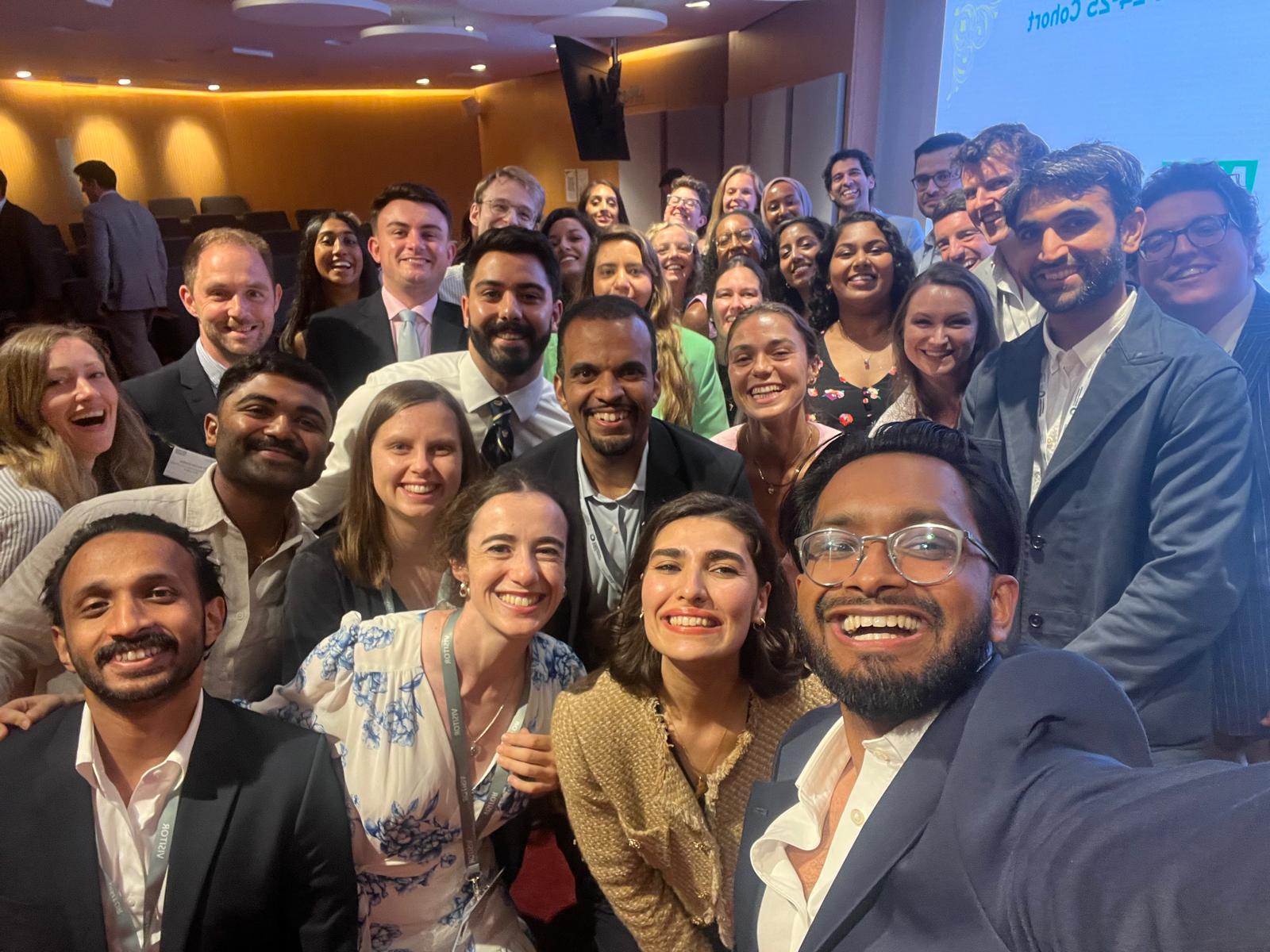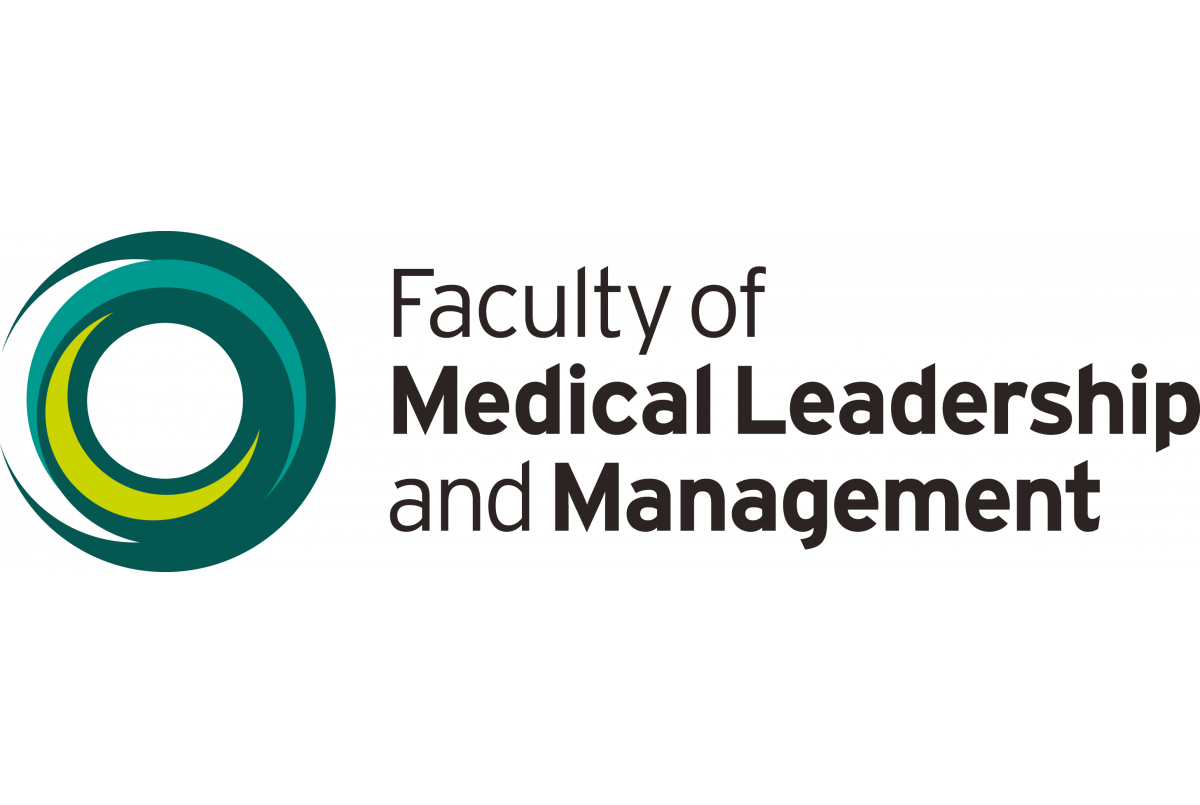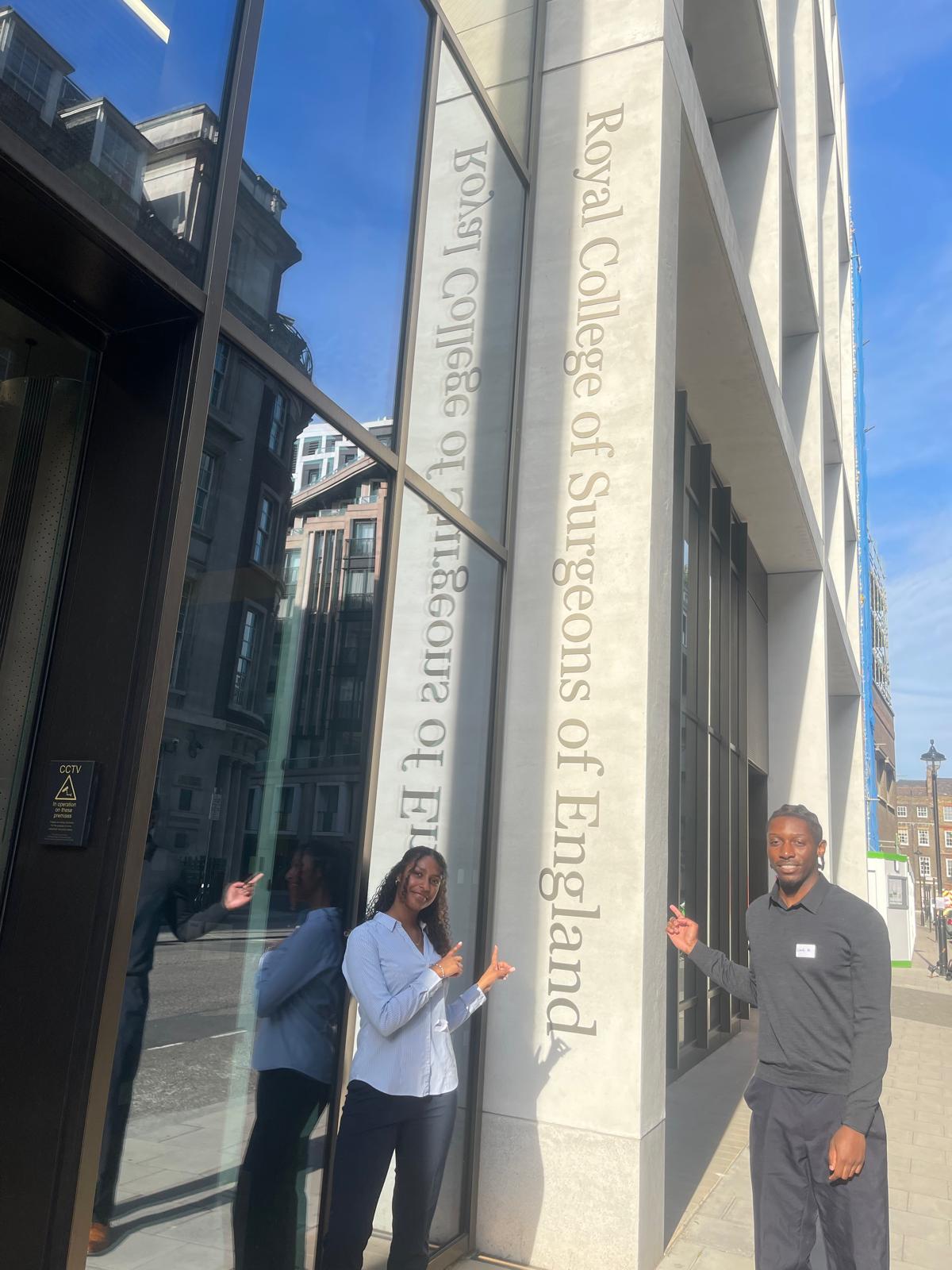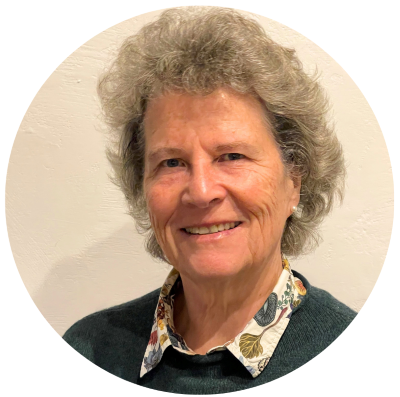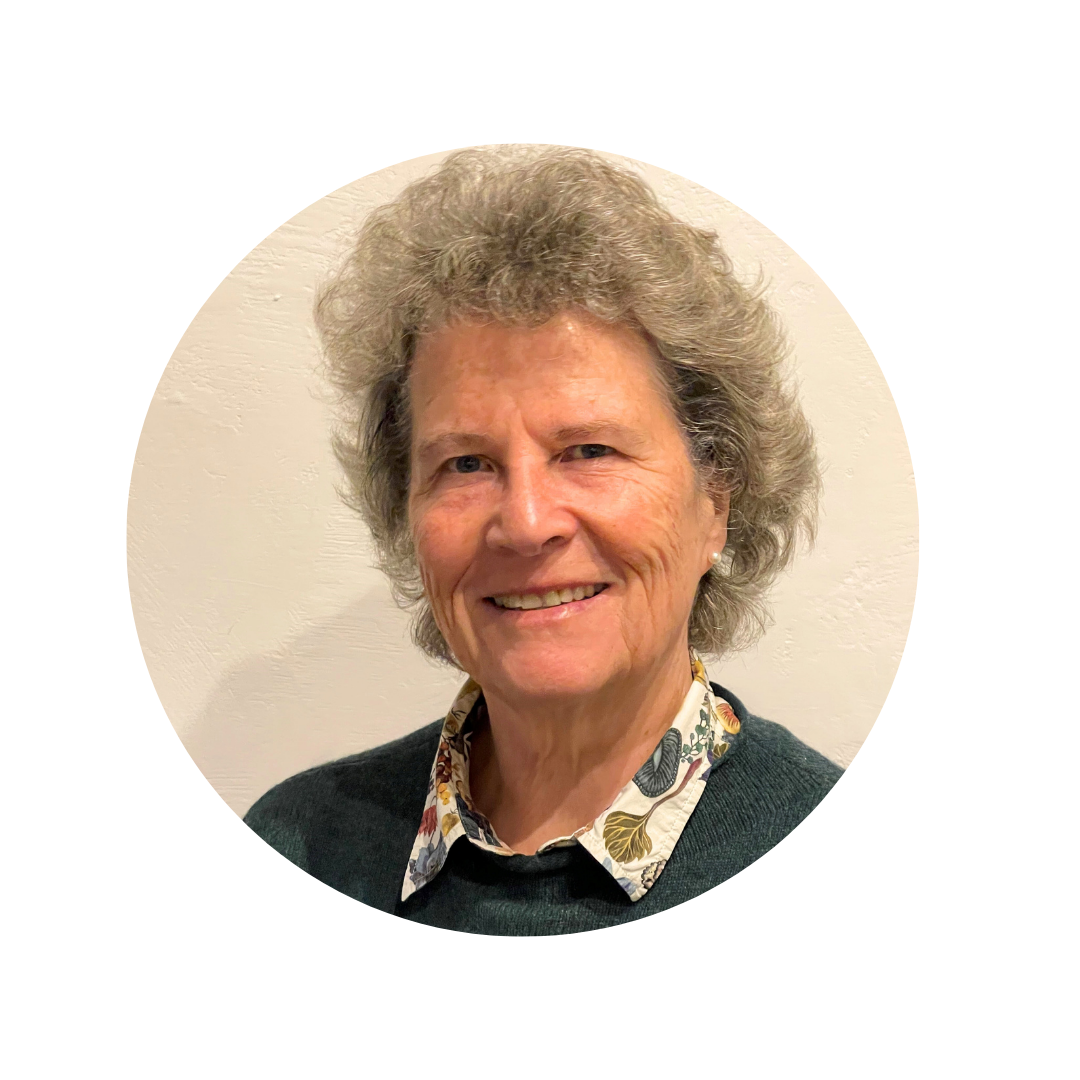
Beyond leadership: Transitioning to a portfolio career
Nature or nurture - can leadership potential be developed? In my view it can certainly be enhanced, with a caveat I will explain.
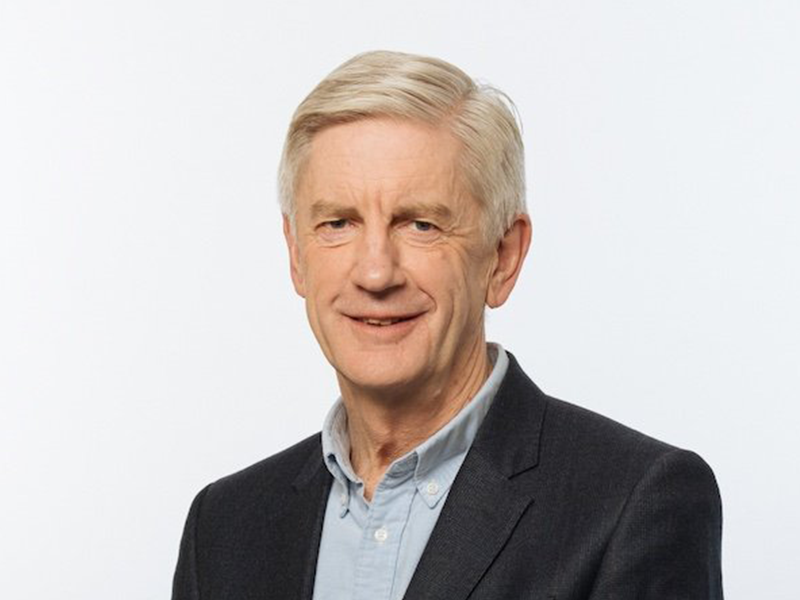
I was fortunate enough to join the Cabinet Office’s Top Management Programme, a key feature of which was mixing with leaders from other sectors. One contribution that stuck with me as I pursued my own leadership career was that shared by Justin King, the CEO of Sainsburys at the time. His contention was that a leader needed to be capable of articulating a compelling strategic vision but know sufficient of the detail of the business to contribute something meaningful when things went wrong. Everything else in between was down to the recruitment, quality, and empowerment of those with operational responsibility.
Many rise to leadership positions because of their success in that operational stratum and the temptation as leader is to interfere in this comfort zone to replicate past success, disempowering those responsible and neglecting the strategic role in the process. So, what of the caveat? As a young clinical director, I had anticipated all my consultant colleagues would have a strategic vision of where they wished their service to be over their professional lifetime, or at least over the next five to ten years. But this was seldom the case. In my experience, only a small minority think in these terms, leading me to conclude that the capacity to raise one’s gaze above the pressures of the day and challenge convention is a critical prerequisite of leadership.
For those who assume leadership positions, be it in clinical practice or medical science, there remains the issue of what you do next, when your tenure ends, or you wish to balance the demands such roles involve along with other priorities. When I was Chair of the Medical Schools Council, we referred to the demitting or ‘moved on’ Dean rather uncharitably as ‘Has-Deans’, a reflection of both the loss of identity as well as the buzz that comes from being at the heart of things.
Most of us who have committed our professional lives to medical practice or medical science retain a strong desire to use our experience and expertise to continue to make a difference beyond ceasing major executive or leadership roles. With later retirement and increasing longevity, the concept of a cliff edge cessation of activity that has brought such stimulus as well as challenges is a daunting prospect for some. And so, we see a desire to pursue a portfolio career that retains the ability to use hard-won expertise with greater control over the choice of engagement and time spent.
Having transitioned myself from my last executive leadership roles – as Vice Provost Health at UCL, and Academic Director of UCL Partners – seven years ago, I offer the following observations:
- Determine how many days you wish to give and what really turns you on
- Don’t jump at the first thing offered – it is likely to be very similar to that which you have been doing. Doing something different and stretching can be stimulating and rewarding. It is very easy to have a diary swamped with uncoordinated activity, much of which you had been doing before, for considerably less reward
- Contemplate the idea of an ‘anchor role’ which provides you with a modicum of admin support, or become self-sufficient in advance of transition
- Don’t assume you’ll walk into non-executive director (NED) positions, particularly in the commercial sector. It is a different role and requires preparation and experience to pursue effectively
- Consultancy and professional advisory work also require different skills, not least client relationships; my greatest learning has been reconciling my view of clients’ needs with their wants whilst being true to the art of the possible.
I’ve been lucky enough to develop a balanced and stimulating portfolio involving commercial (in Australia and Chile) and public sector NED roles, and retain a link with UCL, my old institution, through chairmanship of an international collaborative on medical innovation known as CASMI[1]. Since then, my major endeavour has been starting Academic Health Solutions,[2] which seeks to offer something better than the slick, formulaic, expensive, and less expert-informed consultancy that is increasingly seen as failing clients.[3] Our advisory experts, drawn from all clinical and medical scientific disciplines, are highly valued, and those with strategic vision and leadership experience remain our greatest asset.
Get it right and the transition from executive leadership to other ways of exhibiting a lifetime of professional experience can be energising and rewarding. Achieving a portfolio with the right balance demands the same forethought you would give any senior leadership role.
Professor Sir John Tooke can be contacted via email.
-----------------------------------------------------------------------------------------------------------------------------------------
[1] CASMI, the Collaboration for the Advancement of Sustainable Innovation, UCL School of Life and Medical Sciences, University College, London, accessed at https://www.ucl.ac.uk/school-life-medical-sciences/research/casmi
[2] Academic Health Solutions, accessed at https://www.academichealthsolutions.com/
[3] Management consultancy and inefficiency in the NHS: time for an urgent review, University of Bristol, accessed at https://www.bristol.ac.uk/policybristol/policy-briefings/management-cons...
